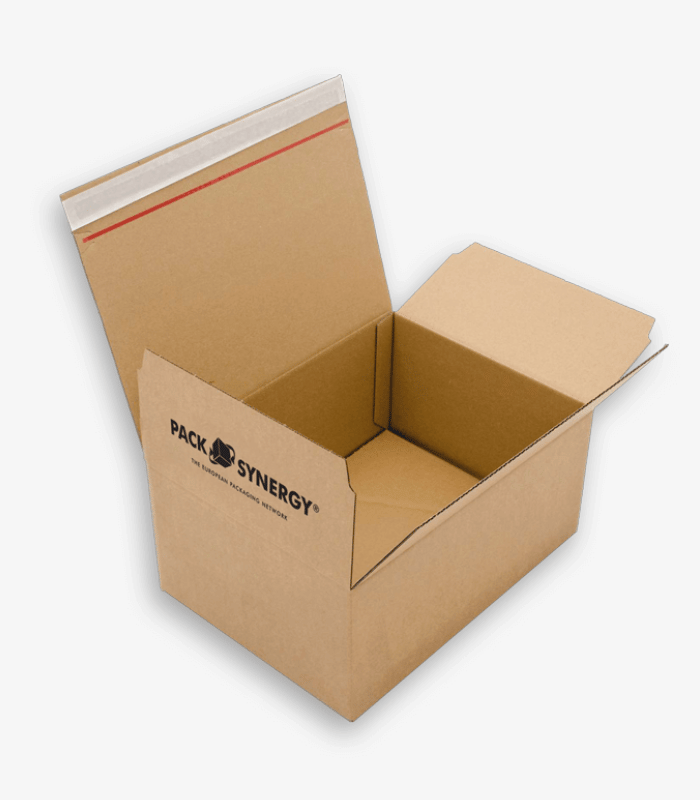Circular Economy
Packaging and the circular economy are interconnected concepts that focus on reducing waste, promoting resource efficiency, and minimizing environmental impact throughout the lifecycle of packaging materials. The circular economy aims to move away from the traditional linear model of “take-make-dispose” towards a more exciting & sustainable approach that prioritizes reuse, recycling, and regeneration of materials.
Here are some key aspects of packaging and the circular economy:
1. Design for Circular Packaging: Packaging design plays a crucial role in the circular economy. By designing packaging with recyclability, reusability, and material recovery in mind, companies can ensure that packaging materials can be effectively integrated back into the system without causing unnecessary waste.
2. Reduce and Optimize Packaging: Minimizing the amount of packaging used is an important step in reducing waste. Optimizing packaging sizes, using lightweight materials, and adopting innovative packaging solutions can help reduce the environmental footprint associated with packaging.
3. Use of Recycled and Renewable Materials: Emphasizing the use of recycled and renewable materials in packaging can help reduce the demand for virgin resources and lower the carbon footprint. Materials like recycled paper, cardboard, bioplastics, and bio-based materials are gaining popularity as sustainable alternatives.
The Plastic Packaging Tax was a policy implemented by the UK government in April 2022 to tackle the environmental impact of plastic packaging waste. It is designed to encourage the use of recycled plastics in packaging and to reduce the production and consumption of single-use plastic packaging.
The main objective of the Plastic Packaging Tax is to incentivize the use of recycled plastic in packaging and discourage the use of virgin plastics, particularly single-use plastic packaging that often ends up as waste.
By imposing the Plastic Packaging Tax, the UK government aims to drive demand for recycled plastics, supporting the growth of recycling infrastructure and the circular economy for plastics. It encourages businesses to invest in recycling capabilities and use recycled plastic materials in their packaging.
4. Extended Producer Responsibility (EPR): EPR policies encourage manufacturers and brand owners to take responsibility for the end-of-life management of their packaging materials. This includes implementing recycling programs, supporting collection systems, and promoting the use of recycled content in packaging.
It is designed to shift the burden of managing and financing the collection, recycling, and disposal of products and packaging from taxpayers and local governments to the producers themselves. EPR policies aim to promote sustainable waste management, increase recycling rates, and encourage producers to adopt more environmentally friendly practices.
5. Recycling and Recovery: Establishing efficient recycling and recovery systems for packaging materials is crucial. This involves investing in infrastructure, improving sorting and processing technologies, and raising awareness among consumers about proper recycling practices.
6. Reusable Packaging: Encouraging the use of reusable packaging systems can significantly reduce waste. This can include initiatives like refillable containers, returnable packaging, and circular loops where packaging is collected, cleaned, and reused multiple times. Encouraging responsible consumption patterns and promoting sustainable production methods can minimize resource extraction, waste generation, and pollution. This can be achieved through eco-design, sustainable sourcing, product labelling, and consumer education on sustainable choices.
Reusable packaging can be applied to various sectors, including retail, logistics, food and beverage, and industrial packaging. It offers a more sustainable alternative to single-use packaging, contributing to a circular economy where resources are used more efficiently, waste is minimized, and environmental impact is reduced.
By embracing the principles of the circular economy, the packaging industry can reduce waste, conserve resources, and contribute to a more sustainable and environmentally friendly future….a vision and pursuit of a sustainable world where human activities are in harmony with the natural environment, promoting ecological balance, reducing waste and pollution, and preserving resources for future generations. Achieving an environmentally friendly future requires collective efforts from individuals, businesses, governments, and international organizations.















